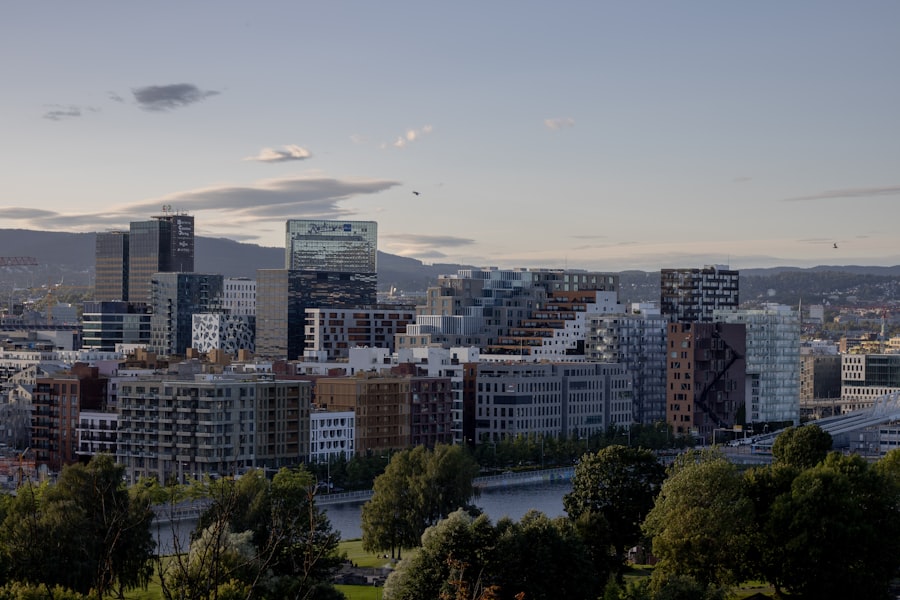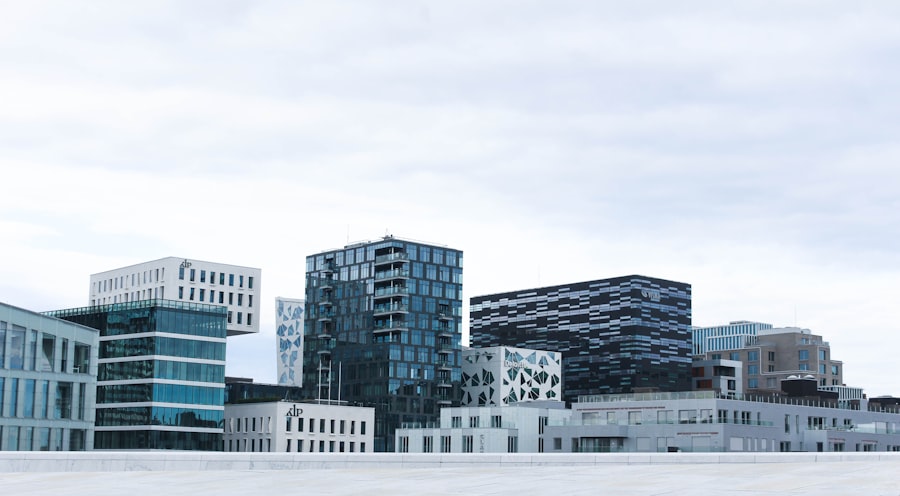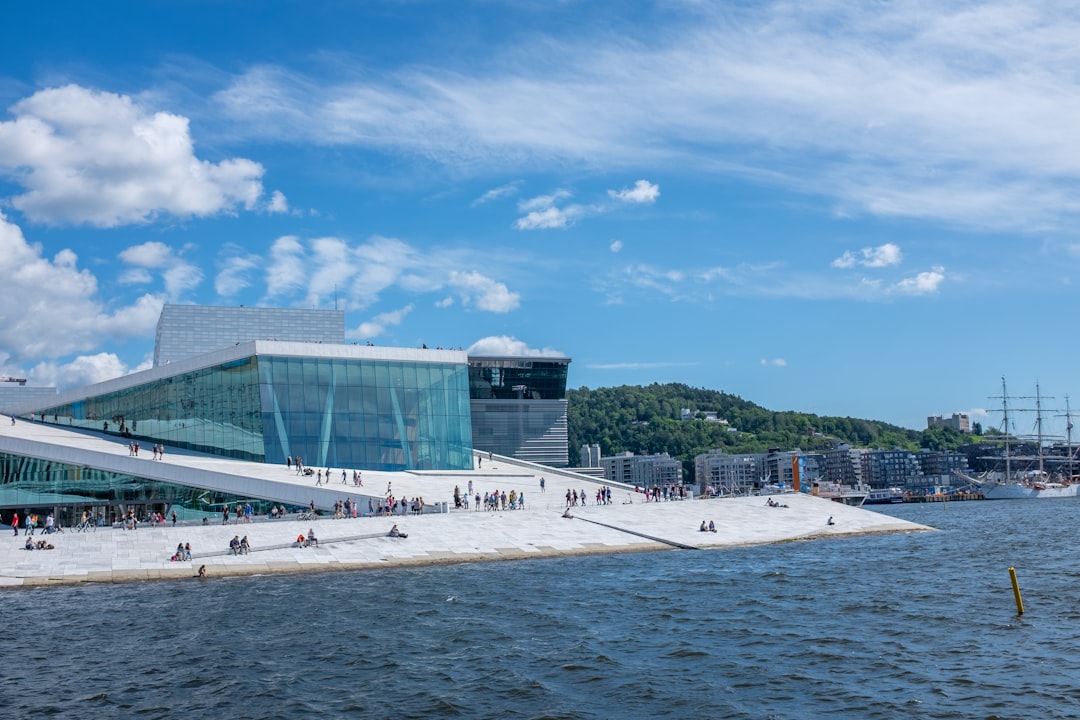Norway, renowned for its stunning landscapes and high quality of life, also boasts a robust and efficient emergency services system. The country’s commitment to public safety is reflected in its well-structured emergency response framework, which encompasses various services designed to address a wide range of emergencies. From urban centres to remote rural areas, the Norwegian emergency services are equipped to handle incidents effectively, ensuring the safety and well-being of both residents and visitors alike.
The emergency services in Norway are characterised by their professionalism and quick response times. The system is built on a foundation of collaboration among various agencies, including police, fire, medical services, and specialised rescue teams. This integrated approach not only enhances the efficiency of emergency responses but also fosters a sense of community resilience.
Understanding how these services operate is essential for anyone living in or visiting Norway, as it equips them with the knowledge needed to navigate emergencies effectively. Take the first step. Book a consultation with the Norway Relocation Group for your move to Norway.
Summary
- Emergency services in Norway are well-organized and efficient, providing assistance in various situations.
- To contact emergency services in Norway, dial 112 for police, fire, and medical emergencies.
- The police in Norway are responsible for maintaining law and order, as well as providing assistance in emergency situations.
- Fire and rescue services in Norway are equipped to handle various emergencies, including fires, accidents, and natural disasters.
- Medical emergency services in Norway are provided by the national health service, offering prompt and professional care to those in need.
How to Contact Emergency Services in Norway
In Norway, contacting emergency services is straightforward and efficient. The universal emergency number is 112 for police, 110 for fire services, and 113 for medical emergencies. This triage system allows individuals to reach the appropriate service quickly, ensuring that help arrives as soon as possible.
It is crucial for both residents and visitors to familiarise themselves with these numbers, as emergencies can arise unexpectedly. When calling for assistance, it is important to remain calm and provide clear information about the situation. The operator will ask for details such as the nature of the emergency, the location, and any immediate dangers present.
Being prepared with this information can significantly expedite the response time. Additionally, in more remote areas, it may be beneficial to have a GPS-enabled device or a map handy to provide precise location details.
Police Services in Norway

The Norwegian police force plays a vital role in maintaining public safety and order. With a strong emphasis on community policing, the police are not only responders to crime but also active participants in community engagement initiatives. This proactive approach helps build trust between law enforcement and the public, fostering a safer environment for all.
In terms of operations, the police are well-trained to handle a variety of situations, from minor disturbances to serious criminal activities. They are equipped with modern technology and resources that enable them to respond effectively to emergencies. Furthermore, the police work closely with other emergency services, ensuring a coordinated response during critical incidents.
For those unfamiliar with the language or local customs, it is reassuring to know that many officers speak English, making communication easier for foreign visitors.
Fire and Rescue Services in Norway
Fire and rescue services in Norway are highly regarded for their efficiency and effectiveness. The country has a well-established network of fire stations strategically located across urban and rural areas. These stations are staffed by trained professionals who are prepared to respond to fires, hazardous material incidents, and other emergencies requiring rescue operations.
Norwegian fire services are not limited to firefighting; they also engage in preventive measures such as fire safety education and community outreach programmes. This proactive stance helps reduce the incidence of fires and enhances public awareness regarding safety practices. In addition, fire crews often collaborate with other emergency services during large-scale incidents, ensuring a comprehensive approach to crisis management.
Medical Emergency Services in Norway
Medical emergency services in Norway are renowned for their high standards of care and rapid response times. The healthcare system is designed to provide immediate assistance to those in need, with ambulances equipped with advanced medical equipment and staffed by trained paramedics. In urban areas, ambulances can typically reach patients within minutes, while rural regions also have dedicated resources to ensure timely care.
The medical emergency services operate under a well-coordinated system that includes hospitals, clinics, and specialised medical teams. In cases of severe medical emergencies, such as cardiac arrests or traumatic injuries, the response is swift and comprehensive. The integration of technology, such as telemedicine and mobile health applications, further enhances the efficiency of medical responses across the country.
Coast Guard and Search and Rescue Services in Norway

Given Norway’s extensive coastline and maritime activities, the Coast Guard plays a crucial role in ensuring safety at sea. The Norwegian Coast Guard is responsible for various tasks, including search and rescue operations, maritime law enforcement, and environmental protection. Their presence is vital for safeguarding both commercial shipping and recreational boating activities.
Search and rescue operations conducted by the Coast Guard are particularly noteworthy due to Norway’s challenging weather conditions and rugged terrain. The Coast Guard is equipped with advanced vessels and aircraft that enable them to respond quickly to distress calls from vessels in trouble or individuals lost at sea. Their expertise in navigating harsh environments ensures that they can provide assistance even in the most adverse conditions.
Mountain Rescue Services in Norway
Norway’s breathtaking mountains attract outdoor enthusiasts from around the world; however, they also pose risks that necessitate specialised mountain rescue services. These teams are composed of highly trained professionals who are adept at navigating difficult terrains and responding to emergencies involving hikers, climbers, and skiers. Mountain rescue operations often require collaboration between various agencies, including local police and volunteer organisations.
The emphasis on teamwork ensures that rescues are conducted efficiently and safely. Additionally, mountain rescue teams frequently engage in preventive measures by providing education on safe outdoor practices, helping to reduce the number of accidents in these stunning yet treacherous landscapes.
Emergency Medical Helicopter Services in Norway
In remote areas or during critical emergencies where time is of the essence, emergency medical helicopter services play an indispensable role in Norway’s healthcare system. These helicopters are equipped with advanced medical facilities and staffed by highly trained medical personnel who can provide immediate care en route to hospitals. The use of helicopters significantly reduces transport times for patients requiring urgent medical attention, particularly in cases of severe trauma or life-threatening conditions.
The Norwegian air ambulance service operates throughout the country, ensuring that even those in isolated regions have access to timely medical care. This service exemplifies Norway’s commitment to providing high-quality healthcare regardless of geographical challenges.
Emergency Preparedness and Response in Norway
Norway places great importance on emergency preparedness at both individual and community levels. The government has established comprehensive plans that outline procedures for various types of emergencies, including natural disasters, industrial accidents, and public health crises. These plans are regularly updated and tested through drills and simulations to ensure their effectiveness.
Public awareness campaigns play a significant role in fostering a culture of preparedness among citizens. Educational initiatives inform individuals about potential risks and encourage them to develop personal emergency plans. By promoting self-sufficiency and resilience within communities, Norway aims to enhance its overall capacity to respond effectively during crises.
Common Emergency Situations in Norway
While Norway is generally a safe country, certain emergencies can occur due to its unique geographical features and climate conditions. Common situations include avalanches in mountainous regions during winter months, flooding from heavy rainfall or snowmelt, and maritime incidents along its extensive coastline. Additionally, urban areas may experience incidents related to crime or accidents.
Understanding these potential emergencies can help residents and visitors alike prepare adequately. For instance, those planning outdoor activities should be aware of avalanche risks and carry appropriate safety equipment. Similarly, individuals living near water bodies should stay informed about weather forecasts that may indicate flooding risks.
Tips for Foreign Visitors in Need of Emergency Services in Norway
For foreign visitors navigating emergencies in Norway, there are several key tips to keep in mind. Firstly, it is essential to memorise or have easy access to the emergency numbers: 112 for police assistance, 110 for fire emergencies, and 113 for medical help. Familiarising oneself with these numbers can save precious time during critical situations.
Additionally, language barriers may pose challenges; however, many Norwegians speak English fluently. When seeking help from emergency services or local authorities, do not hesitate to communicate your needs clearly. It may also be beneficial to carry a translation app or phrasebook for more complex situations.
Lastly, understanding local customs regarding emergency responses can enhance your experience during an emergency situation. For instance, if you witness an accident or incident requiring assistance, it is customary to call emergency services first before attempting any direct intervention unless you are trained to do so. In conclusion, Norway’s emergency services exemplify efficiency and professionalism across various sectors.
From police forces ensuring public safety to specialised mountain rescue teams navigating challenging terrains, each service plays a vital role in maintaining safety within this beautiful country. For those looking to immerse themselves further into Norwegian culture while learning the language necessary for effective communication during emergencies, consider enrolling in Norwegian courses at the NLS Norwegian Language School in Oslo. These courses offer tailored instruction that not only enhances language skills but also provides insights into local customs and practices—an invaluable asset when navigating any situation while enjoying all that Norway has to offer.
Learn more about the Norwegian classes at the NLS Norwegian Language School in Oslo

